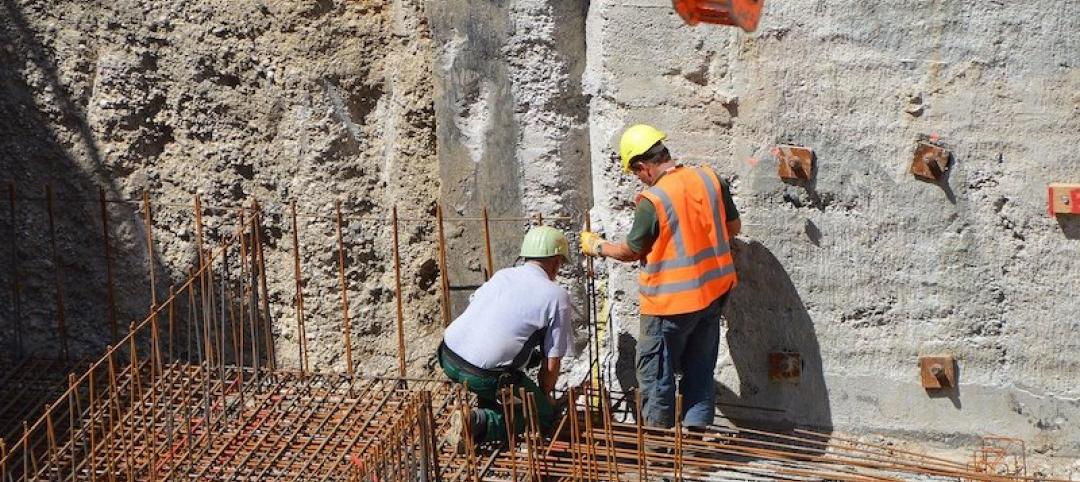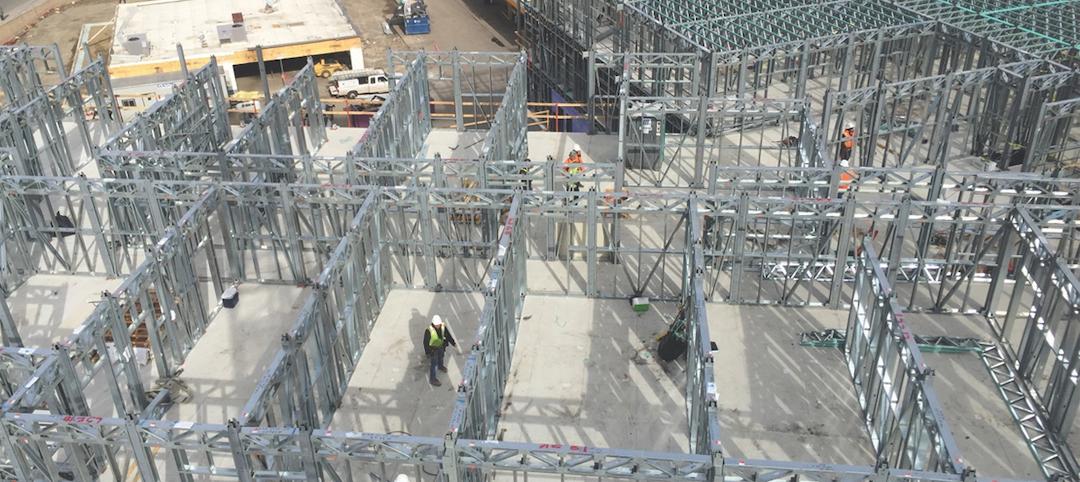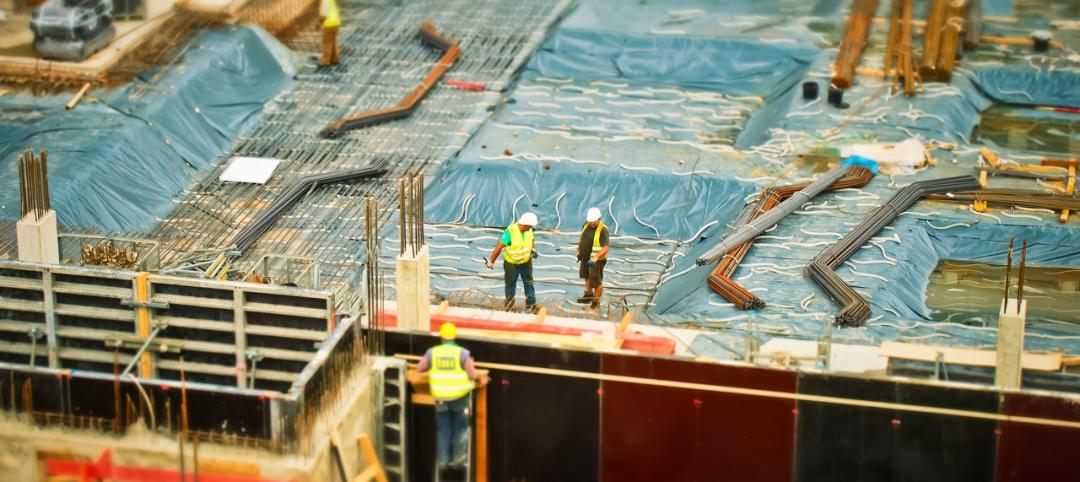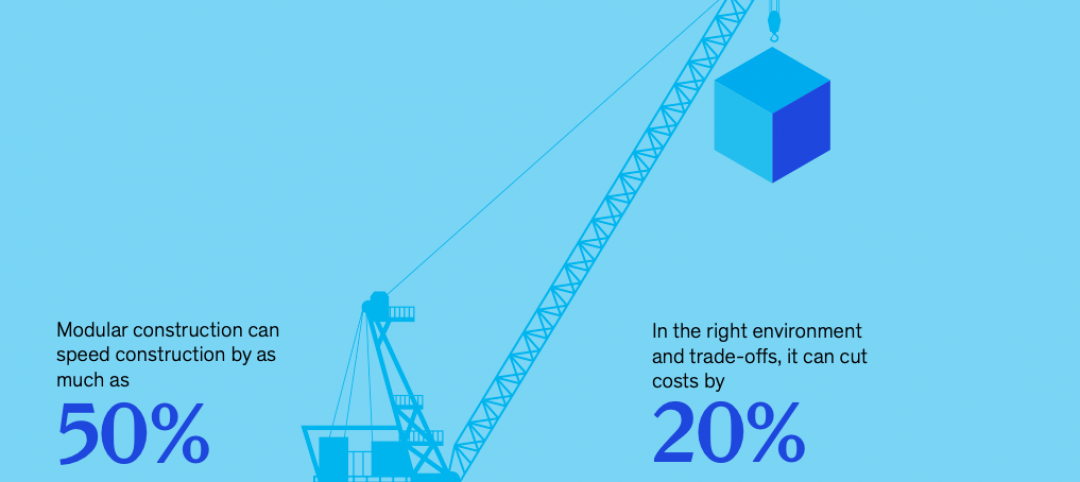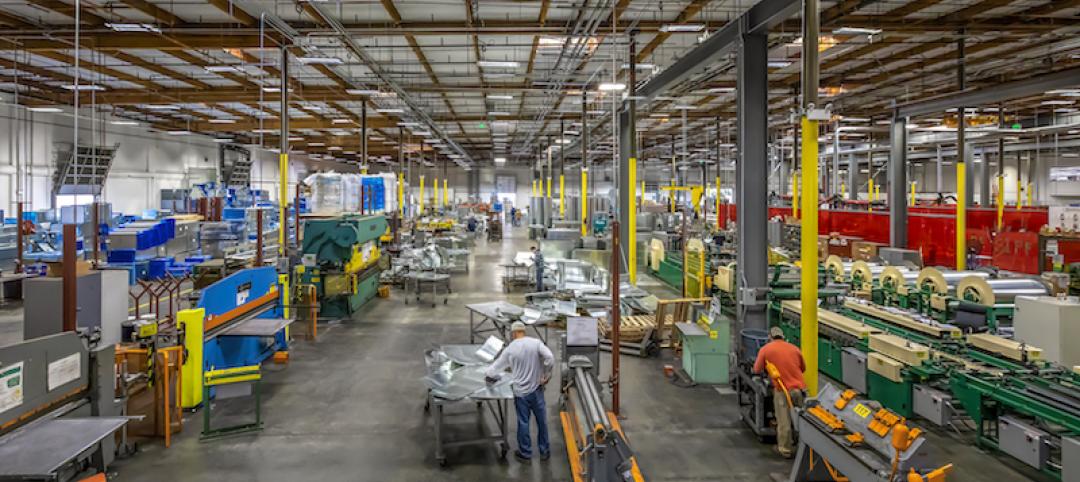An expanding engineering and construction industry faces a digital future that is not only reshaping cities but also how the industry’s businesses operate.
This is one of the key observations that Deloitte Consulting presents in its recent paper “2019 Engineering and Construction Industry Outlook.” The paper’s author—Michelle Meisels, Principal and Engineering and Construction Leader—emphasizes the centrality of data analysis in the ability of the industry to deliver urban projects for cities whose buildings and infrastructures are becoming “smarter” and more connected.
Deloitte anticipates that the industry’s growth in the U.S.—estimated at around 5% in 2018—will continue next year. Merger-and-acquisition activity, which this year has accounted for at least 344 deals valued at more than $20 billion, is allowing EC firms to compete for megaprojects “infused with advanced technologies.”
Meisels sees cities as growth engines for the U.S. economy and its society. However, America’s crumbling infrastructure right now isn’t up to the task of keeping pace with urbanization. She’s optimistic, though, about the willingness of cities around the world to invest in “connected infrastructure” that enables better management of urban assets such as public transit, wastewater systems, and roads. Meisels cites one estimate, from IDC, which projects that smart cities’ spending will reach $158 billion globally by 2022, with Singapore, Tokyo and New York being among the top spenders.
These investments should help to create digital touchpoints of connectivity between people and their vehicles, homes, and workplaces. What would advance this movement, says Meisels, is “a clearly articulated strategy for leveraging advanced technologies like the Internet of Things (IoT), analytics, and artificial intelligence.” She points specifically to the recently announced alliance between AECOM and Arrow Electronics as an example of how scale and digital are intersecting.
Digital, in fact, is transforming how engineering and construction companies run their companies. Such things as robotic process automation and BIM are evolving and improving in ways that are making project development and management far more efficient and less costly. Meisels also speaks of “connected construction” tools, such as drones, wearables, and augmented reality, that are “revolutionizing” job sites, improving worker productivity and safety, and capturing valuable data.
Meisels believes that data and analytics will become the industry’s future core. But data are coming from outside traditional ERP systems, so companies need to devise a strategy to analyze this torrent of information “to deliver smart buildings and smart cities projects, identify and address diminishing margins, and manage increasing project size and complexity.”
Companies can use a data-driven approach to unlock smart decision making, identify the optimal location for their project, and source the best materials to use, all through an interface that enables decision makers to ask questions and work through scenarios.
This analytical approach might also provide some answers to a problem that continues to vex EC firms across the country: finding and retaining talent.
The U.S. construction industry has been consistently adding workforce, and currently employs around 7.2 million professionals, the highest levels since the Great Recession of 2008. But that’s still an 18-year low. “Labor shortages are reaching crisis proportions and are expected to continue through 2019,“ predicts Meisels.
Today, winning the talent war includes projecting a positive brand for your company out to the market—one that reflects the advanced technologies that are part of the connected construction site. To appeal to new generations entering the workforce, that brand should also showcase the sustainability initiatives that many firms have adopted.
On a fundamental level, Meisels tells EC firm that their talent search should be buttressed by their support of apprenticeships and technical schools. “And considering the rise of digital, it is also important to understand how skills are changing and then design a talent management strategy that reflects this,” she recommends.
Related Stories
Building Technology | Nov 15, 2019
Tools for measuring embedded carbon in building materials are on their launching pads
The Carbon Leadership Forum and Thornton Tomasetti are taking the lead to drive the industry toward zero-carbon buildings by 2050.
Multifamily Housing | Sep 12, 2019
Meet the masters of offsite construction
Prescient combines 5D software, clever engineering, and advanced robotics to create prefabricated assemblies for apartment buildings and student housing.
Multifamily Housing | Jul 23, 2019
Is prefab in your future?
The most important benefit of offsite construction, when done right, is reliability.
Building Tech | Jun 26, 2019
Modular construction can deliver projects 50% faster
Modular construction can deliver projects 20% to 50% faster than traditional methods and drastically reshape how buildings are delivered, according to a new report from McKinsey & Co.
Building Technology | May 30, 2019
An ESD-incubated intelligent building platform is making two buildings in Chicago smarter
The new company, Cohesion, helps synchronize tenants’ workflows.
M/E/P Systems | May 23, 2019
Process analysis is how one MEP producer is coping with the industry’s labor woes
Southland Industries takes a measured approach to leaning into technology.
Building Technology | Mar 26, 2019
Chain of command: Blockchain for AEC
Blockchain isn’t just about exchanging Bitcoin. It could emerge as the next construction management and lifecycle assessment tool.
Building Technology | Mar 25, 2019
Blockchain: A primer
The simplest explanation of this technology is that blockchain is a digital distributed ledger of transactions or records that exists across multiple participants and computers in a peer-to-peer network.
Industrial Facilities | Mar 10, 2019
The burgeoning Port San Antonio lays out growth plans
Expansions would accommodate cybersecurity, aerospace, and defense tenants, and help commercialize technologies.
Building Technology | Mar 8, 2019
What is your firm's innovation 'hit rate'?
As firms begin to adopt the practices and mindset of Silicon Valley tech and advanced manufacturing, it’s fair to ask: Are all of these innovation projects and initiatives working?



